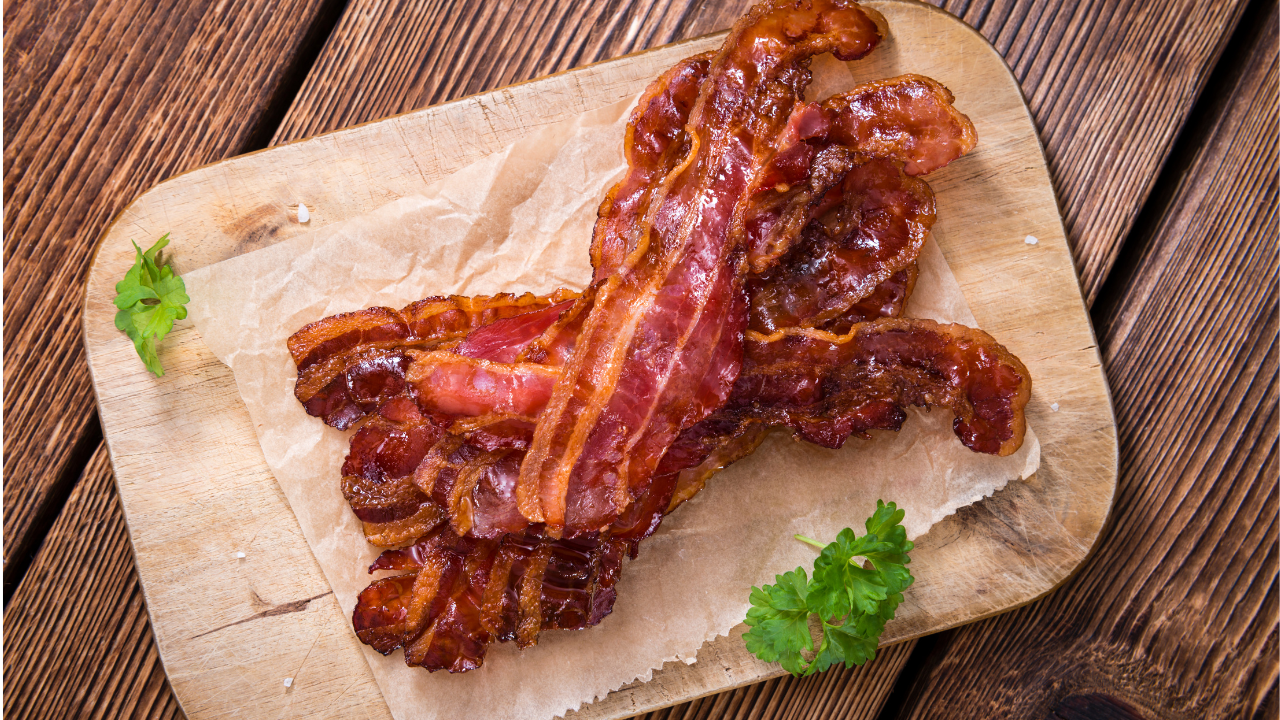Why a Top Gut Doctor Says Bacon Should Be Banned from Breakfast Plates

Credits: Canva
SummaryGut health expert warns that bacon and processed meats are far more harmful than most people realise, linking them to cancer, heart disease, diabetes and premature death. A recent study also shows ultra-processed foods increase lung cancer risk significantly.
End of Article
